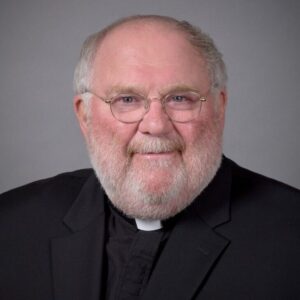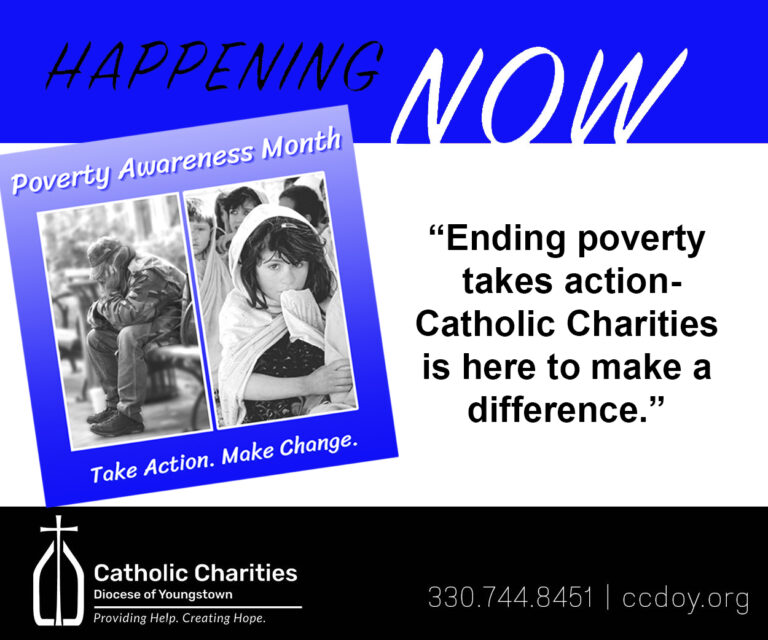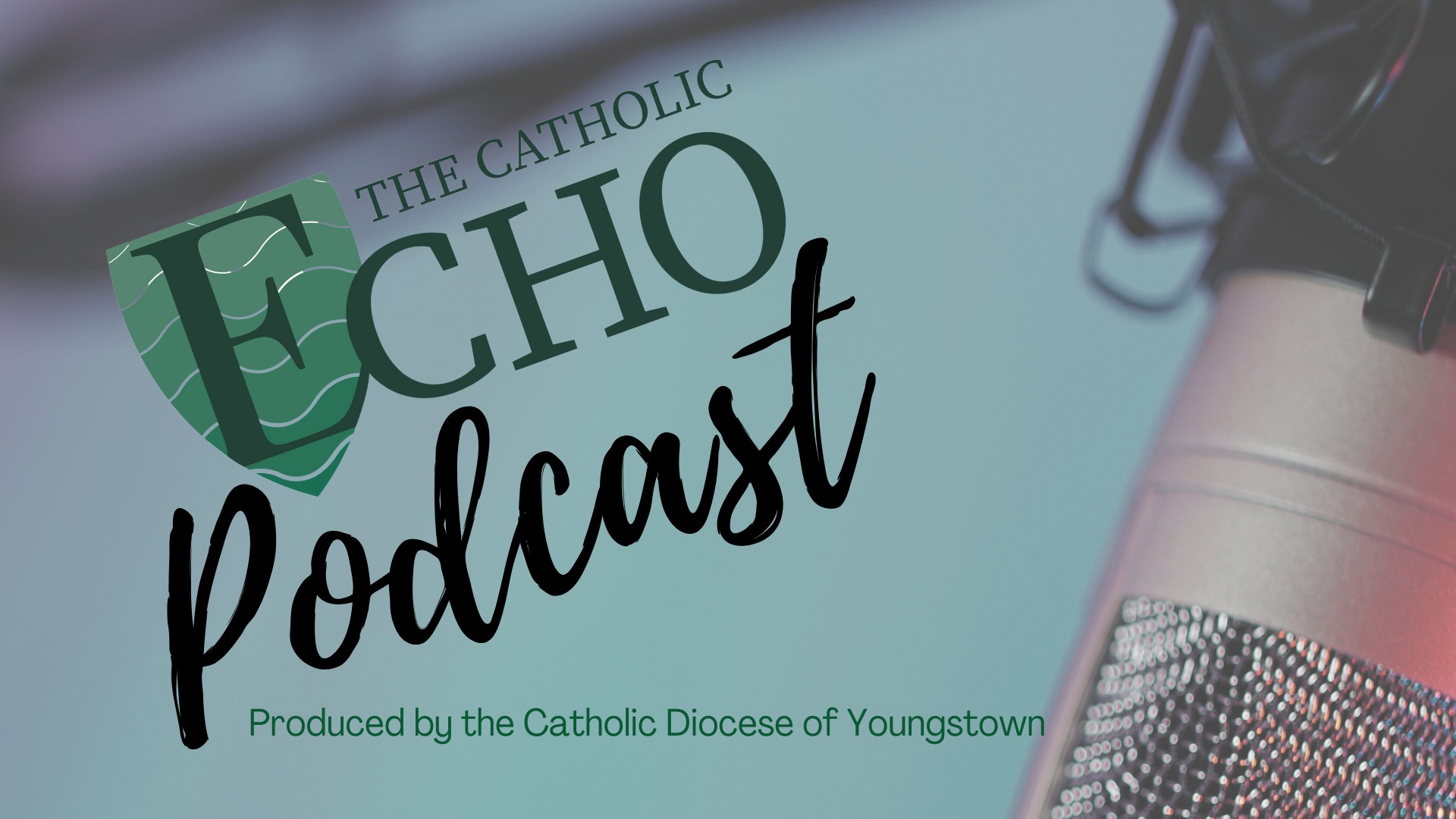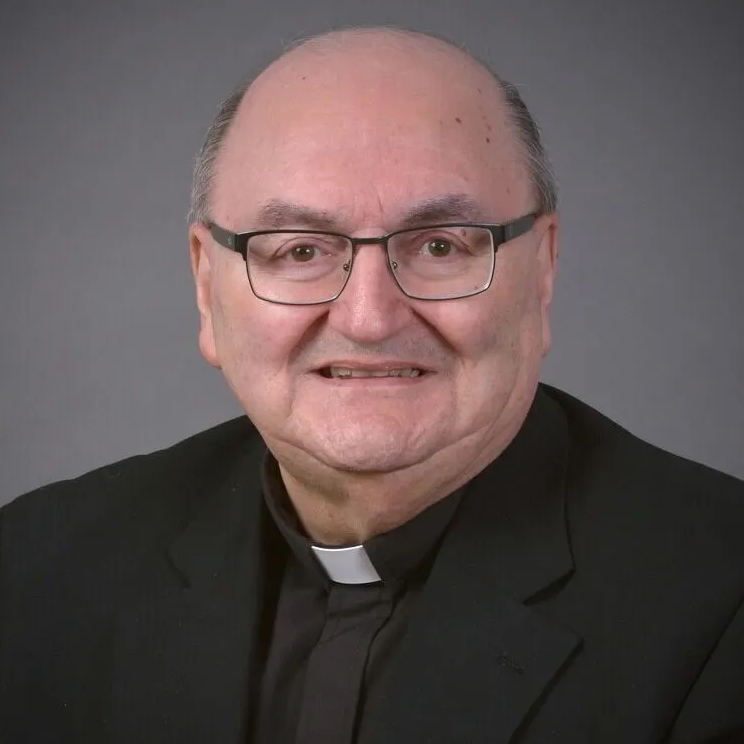The new school year is upon us—bringing to mind the story of a mother who had the hardest time getting her son up and ready to go to school.
Mom said, “Get up, it’s time for you to go to school.” Still safe in his bed, he responded, “I don’t want to go to school.” This exchange happened several times, and she said, “Give me two reasons why you don’t want to go to school.” He said, “Those people there! I don’t like them, and they don’t like me.” She said, “Well, I’ll give you two good reasons why you have to go to school. First, the folks there are expecting you; and second, you’re the principal.”
We’ll come back to that story in a bit.
In the meantime, I would like to reflect briefly on two words that are, in my opinion, the most misused, misinterpreted and misunderstood words in our modern culture. Those two words are “myth” and “prophet.”
Unfortunately, the word “myth” has come to mean a falsehood or an untruth—but nothing could be further from the truth. If that were so, we would have to reduce all Greek and Roman mythology as simply falsehoods. But, the opposite is true for these ancient “myths” as well.
Roman and Greek myths are stories—stories ancients used to help them describe and understand phenomena they could not comprehend, such as famine, infertility, floods, love, death and more. You see, words are a great gift. Words enable us to imagine, to write poetry, to communicate, to sing, to describe. On the other hand, words can often fail us or fall short of what we would like them to do. For example, have you ever tried to accurately describe what it was like to fall in love? Or adequately explain the pain you experienced at the death of someone close to you? Words are incapable of doing that in any adequate way, which is why we have stories, songs, poetry and other ways of expressing our deep truths.
And what did Jesus often do when he was asked a question? He would tell a story. To the question, “Who is my neighbor?” His answer began, “There was a man robbed and beaten …” and then Jesus went on to describe a story of a true neighbor.
Another familiar story is the “Myth of Sisyphus,” recounting the story of an ancient Corinthian king who angered the gods, so they punished him by having him roll a rock up a hill so it would roll down the other side. Of course, every time he thought he had it made, the rock rolled right back down, and he had to start over—again and again, forever. Do you think that ever happened? Of course not! Do you think this story is true? Not literally. But did you ever have a day like that? A day where you try and try again and fail at your task? You see, the story (myth) is true—it expresses a deep truth even though the event never really occurred.

And so, in the Bible we have stories that express deeper truths. Let’s look at Genesis, Chapter Three, when Adam and Eve are in the garden, eating the forbidden fruit. The point of the story is in the deep truth the story expresses. In this case, evil came about, not from God, but by human choice and human disobedience.
Thus, when biblical scholars speak of “myth,” they are identifying stories bearing deep theological truths. When society uses the word “myth,” their use of the word “myth” is a misuse.
Now, on to the word “prophet.” Society understands the word to mean a person who foretells the future. This is completely different than the biblical understanding of the word “prophet.” In Scripture, a prophet is one who is like a “spokesperson” for God. A prophet often promises blessings for the just and upright and unwelcome consequences for those who turn from God’s will.
Relating consequences is a far distant cry from predicting the future. If a father tells his teenager, “If you come in after 10 p.m., you’ll lose your phone for a week,” is he predicting the future? A biblical prophet may bring a warning or a consolation, but a biblical prophet does not foretell the future.
And we, as a Church, are a Church of prophets—we are called to speak to the nations and to our culture. We are prophets, each of us, by our Baptism, called to be God’s spokespersons. Note that the “Prophetical Office of the Church” (as Blessed John Henry Cardinal Newman refers to it) insists that the Church is a medium between His baptized children and the world. Each of us is called to be a prophet to all those we meet each day—by what we do or say and by refusing to participate in wrongs that are contrary to God’s will.
What is it we must do to live a holy and prophetical life? The principal in our opening story wanted to do only what he wanted to do. His selfishness was keeping him in bed. As we are called to be prophets, each of us need to ask: “What is it that is metaphorically ‘keeping me in bed’ or keeping me from living out my prophetical calling?”
Is it indolence, an addiction to work, improper images, addiction to social media, drugs, or alcohol, desiring the approval of others or a lack of forgiveness?
As we reflect on this word “prophet,” it behooves us to ask what it is that imprisons us, and then ask for God’s grace so that each of us may, unafraid, take up the calling to be a spokesperson for the Lord—a prophet, the very calling we received on the day of our Baptism into Jesus and into the Church. Our prophetic call may be summed up simply in the words of Jesus: “As the Father has sent me, so I send you.”










